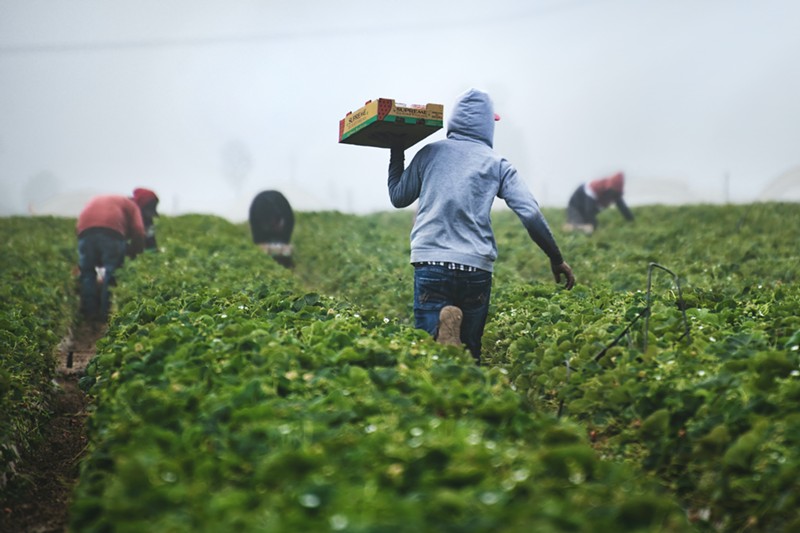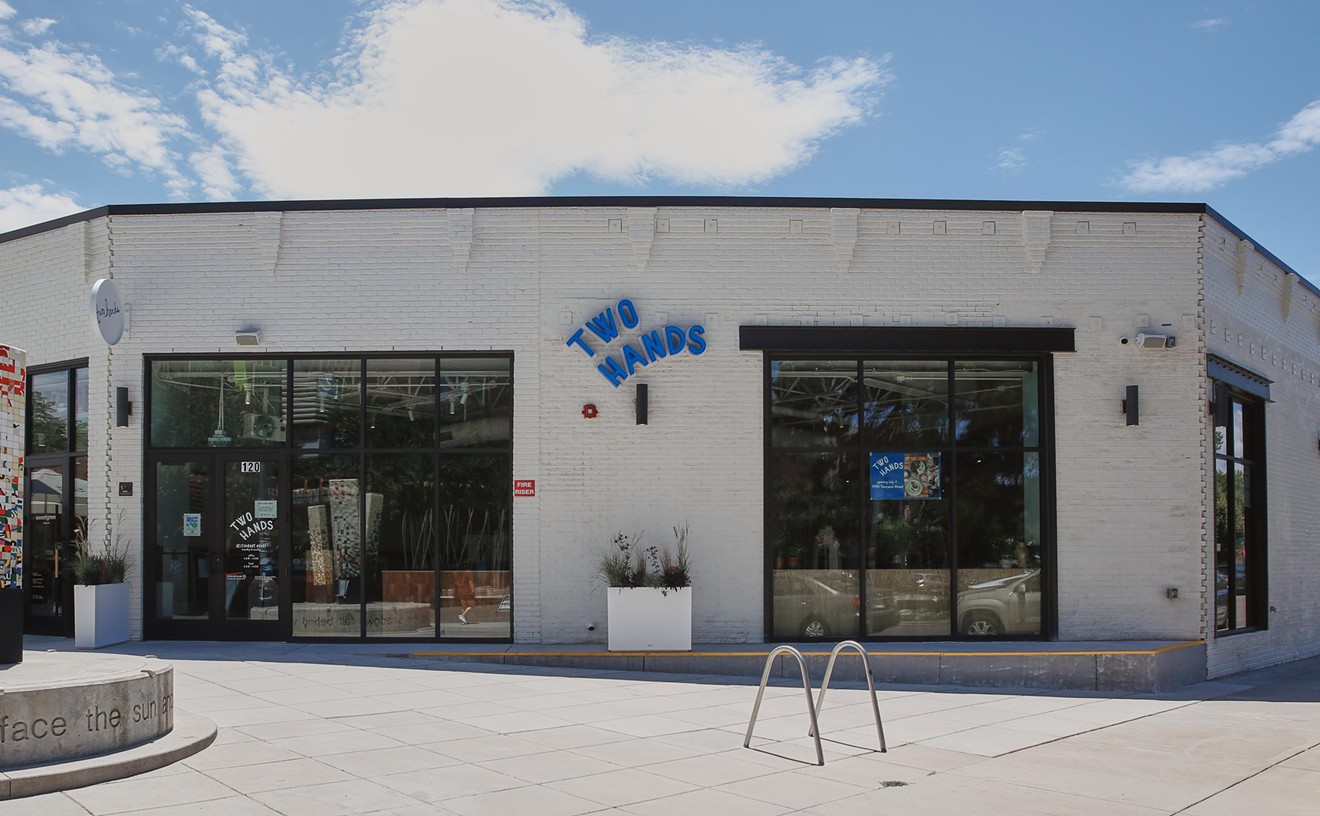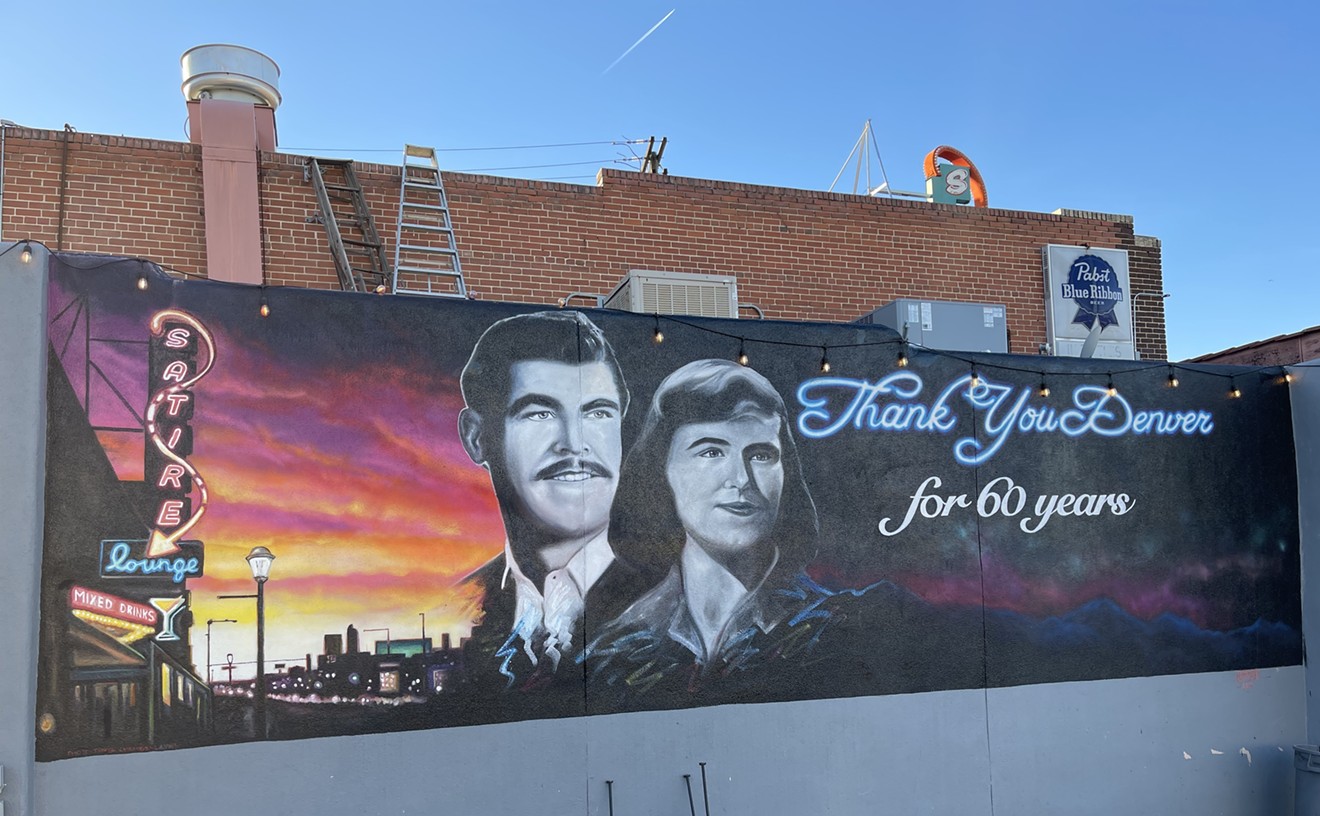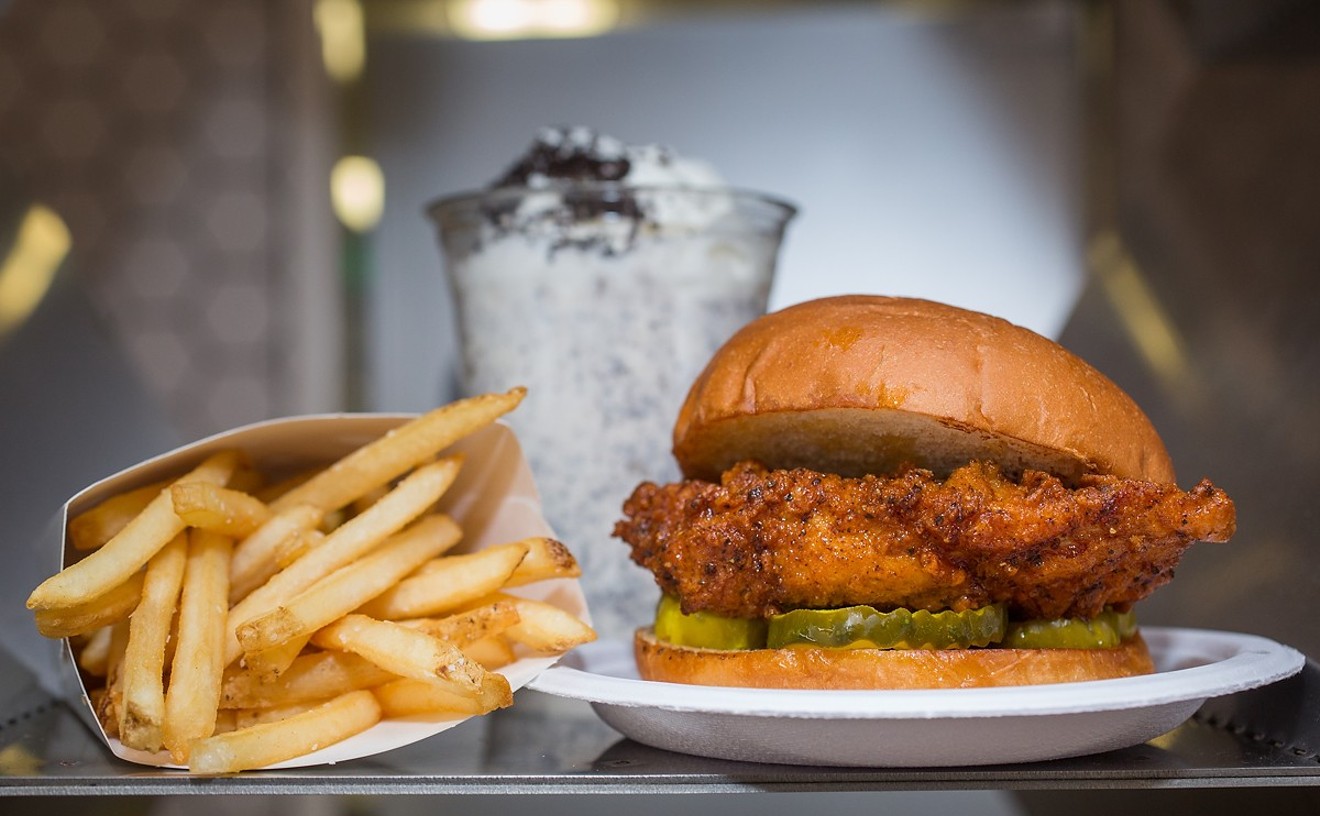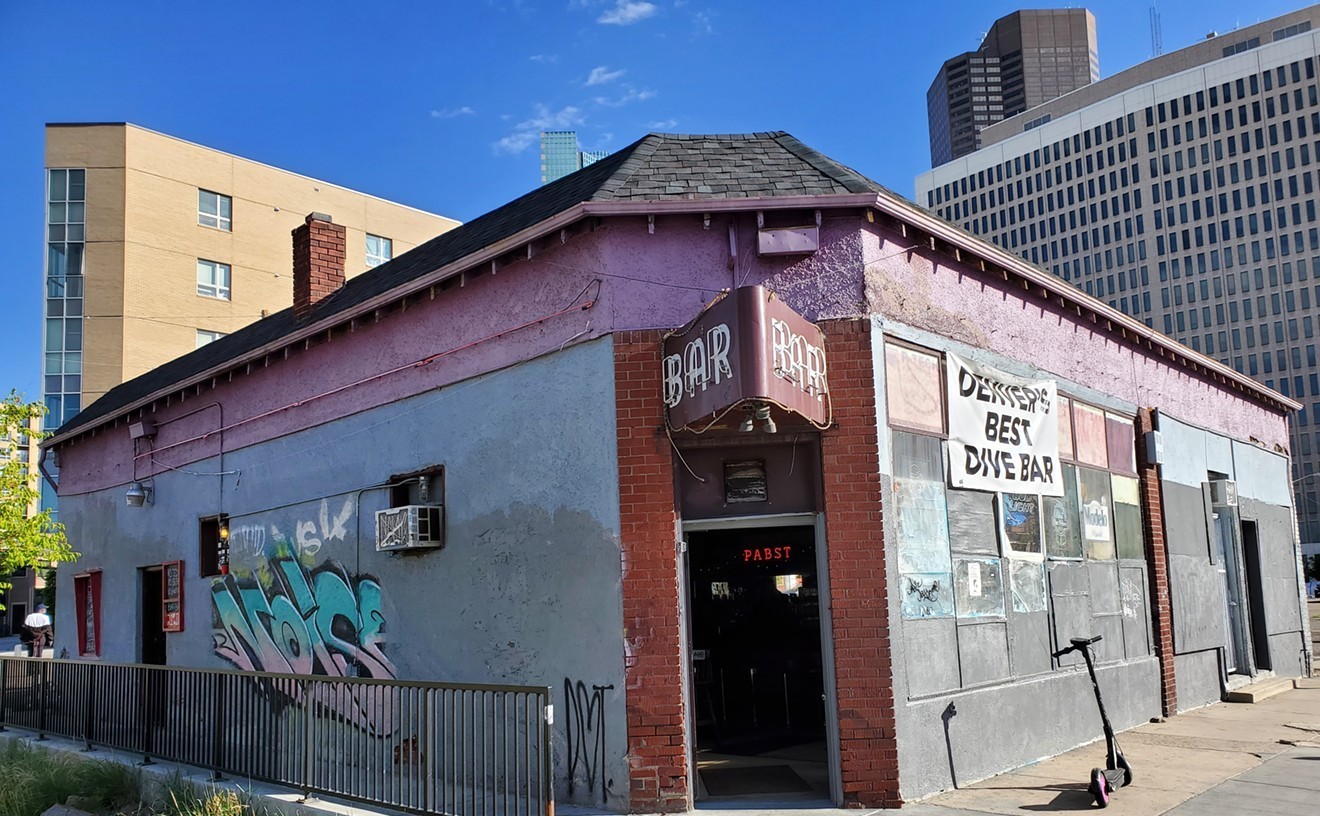Across America, prisoners are still forced to work for little (cents per hour) or no pay. Historically, penal work programs have avoided mainstream scrutiny or analysis because of the isolated nature of prison culture and lack of interest from the public about what happens behind prison walls. Colorado State University's Prison Agriculture Lab hopes to change that — starting with publishing a first-of-its-kind study and data set last year of the 662 state-run adult correctional facilities in the U.S that have agricultural programs. That number makes up 60 percent of all prisons in the United States.
The lab, co-directed by Joshua Sbicca and Carrie Chennault, worked with six students on a herculean data-collection exercise that spanned two years and involved pulling government data, searching for annual reports, speaking with the Department of Corrections, scanning prison websites and calling wardens and administrators across the country. Only an estimated 2 percent of the prison population work in agricultural programs, but “nearly every single prison in the United States or in every state in the United States built their prison systems by having agricultural operations,” Sbicca explains. “It's a longstanding hidden practice…[yet] no one’s actually really looked at these programs and what they tell us about prison programs broadly.”
The term “agriculture” is intentionally used broadly, encompassing everything from livestock ranching and crop farming to food manufacturing and landscaping. Through interviews and the prisons' own websites, agricultural programs are then assigned motivational drivers like cost savings, education, feeding incarcerated individuals, revenue generation, therapeutic benefits and vocational training.
By enumerating these drivers, the lab is able to conceptualize each agricultural program on a gradient of exploitation and rehabilitation. “There has been a bifurcated way of studying prison agriculture,” Chennault says. “There hasn’t been a way of looking at the relationship between [exploitation and rehabilitation when] all prison programs in agriculture fall somewhere within that spectrum.” To paraphrase the co-directors, a cotton-harvesting plantation-like program screams exploitation, while cultivating herb gardens plants itself as rehabilitative — but it’s incorrect to think of one as inherently good or inherently bad.
“There are hierarchies within a prison system itself…that some people deserve education and some people deserve to be forced to work,” Sbicca notes. “But in either of those cases, it’s always on the prison system’s terms, and it always reproduces the legitimacy of the prison to be the place within which we discipline people…and it’s just a matter of how and to what degree.”
Many prisons with agricultural programs often argue they are teaching job skills to inmates to prepare them for a career after incarceration. But with most farmers and ranchers operating in the red, it becomes hard to believe that many inmates will be able to apply their new job skills once released, or that if they were, it wouldn't be only in low-wage, back-breaking positions.
On the opposite end, prisons with horticulture and therapeutic gardens will highlight these as meditative and healing. However, the energy, time and money it takes to maintain such gardens and greenhouses is often only accessible to the middle class and up.

Color-coded agricultural programs at state-operated adult prisons in Colorado.
Prison Agriculture Lab
Just last year, Colorado Correctional Industries (CCI), a division of Colorado Department of Corrections (CDOC) in charge of all work programs, rolled out a coffee-roasting program that provides inmates with a certification upon graduation. According to its website, CCI was “created by the Colorado Legislature in 1976, with the purpose of creating profitable industries inside prison facilities to provide work opportunities for inmates while they are incarcerated. CCI would be self-sustaining from the revenue generated by sales of prison manufactured goods and services.”
CCI runs all work programs in Colorado, not just the agricultural ones, and reported sales of goods and services of $37.2 million in 2020 and $35 million in 2021 through its annual reports. Because of the cheap cost of inmate labor, prison industries like CCI can afford to under-price competitors and offer goods at sometimes half the price.
That’s the case for Leprino Foods, the Denver-based pizza cheese monopolizer, which, according to a 2021 story by The Counter, was the sole buyer of CCI’s buffalo milk from 2017 to 2020, “purchasing more than 600 tons at an average price of $1.19 per pound.” And for Colorado University, which before 2020 exclusively purchased its college campus furniture from CCI.
However, recent changes in Colorado policy have thrown CCI’s business model in jeopardy. In November 2018, 66.23 percent of Colorado voters passed Amendment A, which repealed the Constitution’s exception to slavery in prisons. Class-action lawsuits have followed, most notably Lilgerose v. Polis, et al., alleging retaliation for workers refusing to work, which Amendment A expressly prohibits.
Then last March,Governor Jared Polis signed a new state law promising minimum wage to prisoners in day-release programs. These legislative changes, as well as worsening economic conditions, have forced an internal reorganization of CCI, and the fate of many of its work programs hangs in the balance. CCI did not respond to a request for comment.
It’s exactly these kinds of reconsiderations of work programs and the prison system in general that the Prison Agriculture Lab hopes to spark with its research. According to Chennault, this data set is just the start; future plans include expanding the lab's teaching modules to more universities and possibly even prisons, as well as additional fieldwork in prisons across the country (something that was halted during the pandemic).
For now, the directors of Prison Agriculture Lab can only hope and dream about a fundamental rethinking of incarceration. “We both recognize that on an individual level, for a lot of incarcerated folks, being able to work outside and not being in a cage all day is qualitatively better,” says Sbicca. “We also know that it’s true that the prison system really takes advantage of this captured labor pool. ... Even the little modicum of relief from being outside makes a difference in a really repressive and oppressive experience and institution. And so attention to agriculture shows the complexity and contradictions of the prison system itself.”

